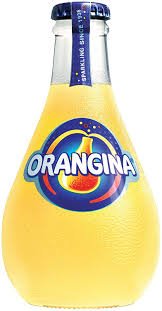- Joined
- Mar 11, 2013
- Messages
- 10,983
- Location
- South Bucks
- Car
- CLS63 SB, ML63, CLK350 'Vert, Triumph Sprint (Bike not Dolly...),
I ask because I filled up the bike from my jerrycan yesterday, set off, and a couple of hundred yards from home cough...splutter...splutter... silence. Plenty of churning on the starter, but still silence.
I syphoned out as much as I could from the tank today, put in six litres of fresh 95 octane, and after a bit of churning to clear the lines, it fired up and after a little spitting and coughing ran normally.
I don't know how long the fuel had been in the can, but it smelt and tasted the same as I recall from the last time I did any syphoning...
And a second question; how do I dispose of about 25-30 litres of petrol that has gone off? I don't have anything else petrol-driven, like a lawnmower, so that's out.
I syphoned out as much as I could from the tank today, put in six litres of fresh 95 octane, and after a bit of churning to clear the lines, it fired up and after a little spitting and coughing ran normally.
I don't know how long the fuel had been in the can, but it smelt and tasted the same as I recall from the last time I did any syphoning...
And a second question; how do I dispose of about 25-30 litres of petrol that has gone off? I don't have anything else petrol-driven, like a lawnmower, so that's out.


